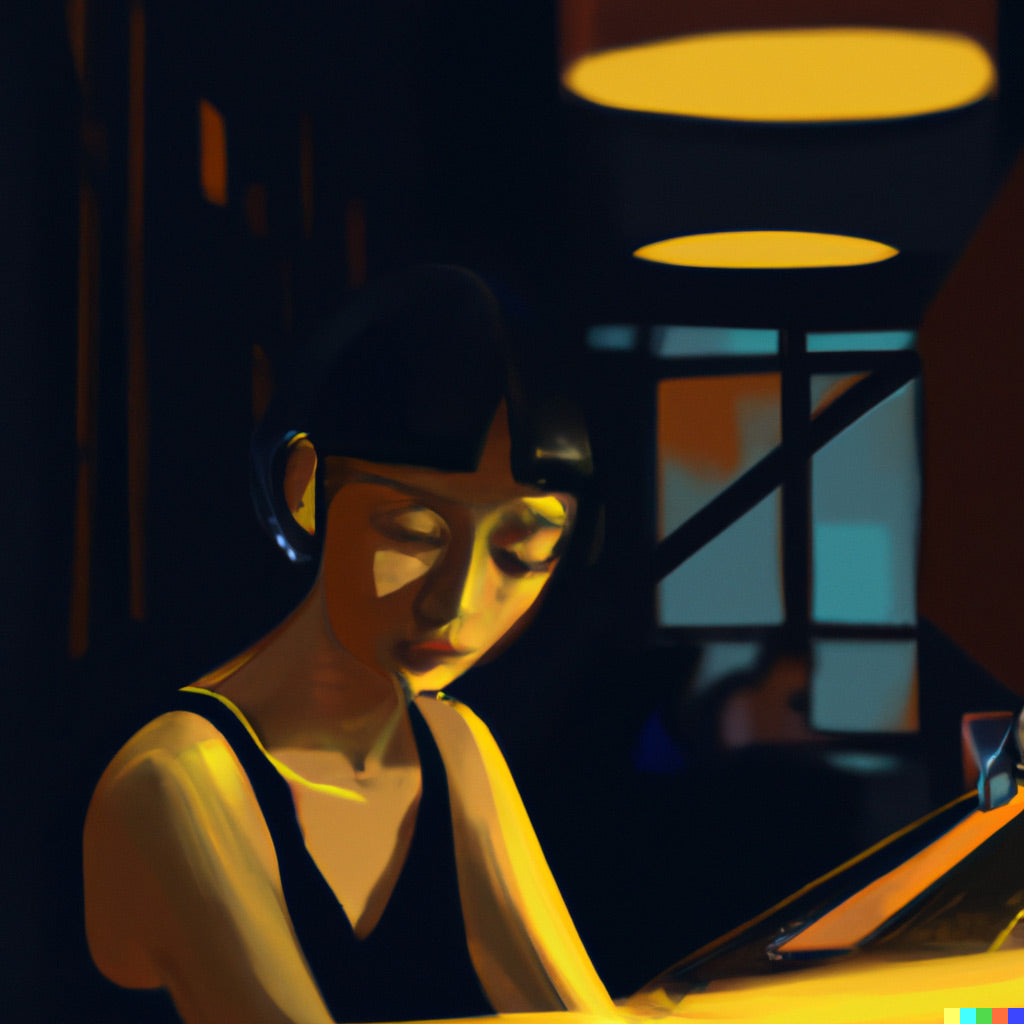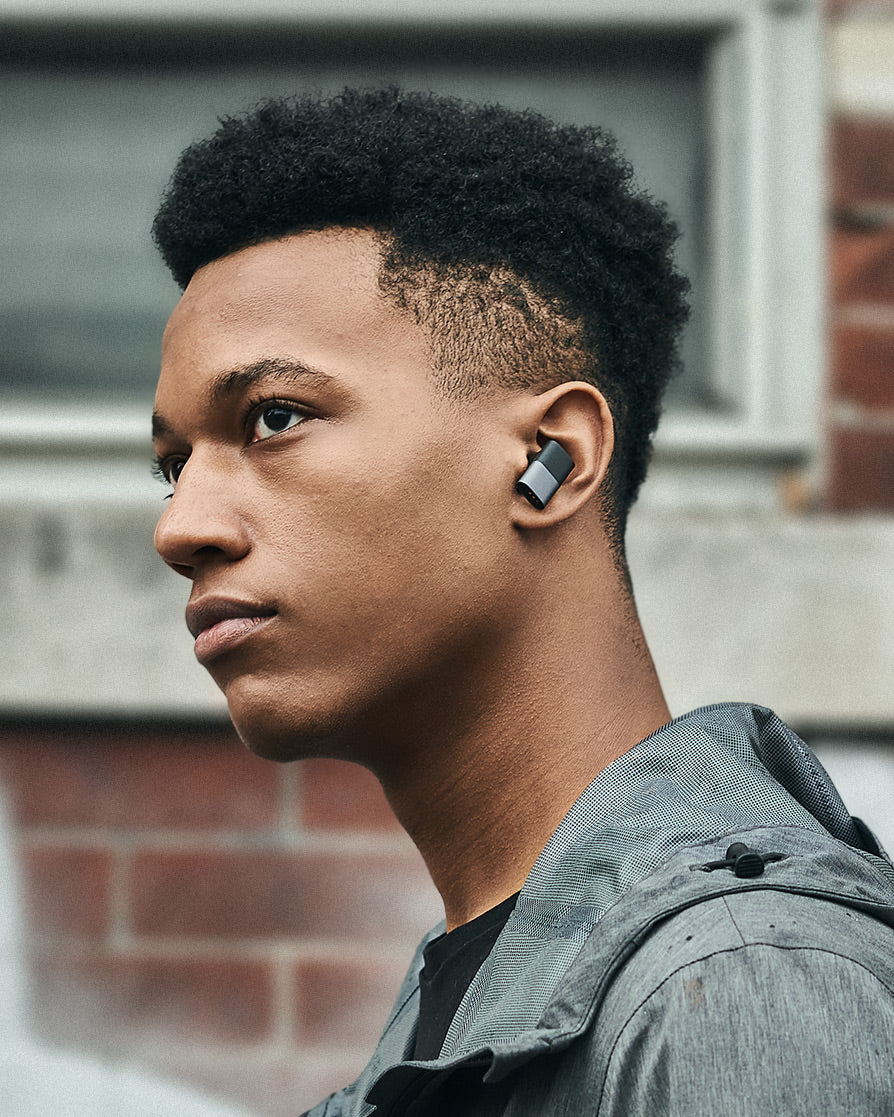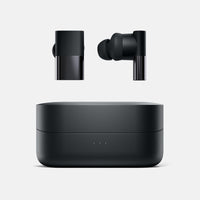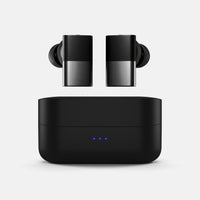
Why Your Musician Friends Hate “Background Music”
For many of us, music is often experienced in passing. It’s in the background, everywhere we go.
Music becomes a complement to another activity. We listen to music while working out, or driving or riding the train. Or even while working.
In other words, music is often relegated to helping to establish a vibe for something else.
Musicians, for reasons that may seem obvious, don’t necessarily agree that listening to music is a background activity.
It’s their job and their craft to create music that elicits strong feelings.
They might understand that music is often used in a complementary fashion, but background listening is probably not their first choice when it comes to experiencing a song.
And there’s another reason why musicians find it hard to consume music passively.
They hear even “background music” with an artisan’s ear.
A non-musician might be only dimly aware of the tempo, tonality, and rhythm of the “background track” playing while you have dinner out together.
The chord progression. The melody.
The musician, at that same dinner table, responds to all these things. Almost (or quite literally) on instinct.
They might even start humming, or tapping on the table.
“Background music” pulls their focus. The music isn’t the vibe for setting up the activity.
It’s the whole vibe.
So, if you’ve got any musician friends, go easy on them if they get a faraway look in their eyes while you’re speaking at dinner.
It’s not that you’re boring them. The soundtrack is just that killer.
Want to get a taste of what it’s like for musicians?
Try listening to music with earbuds that were built to accurately reproduce artistic intent.
Because your favorite musicians want you to experience music the way they do.




